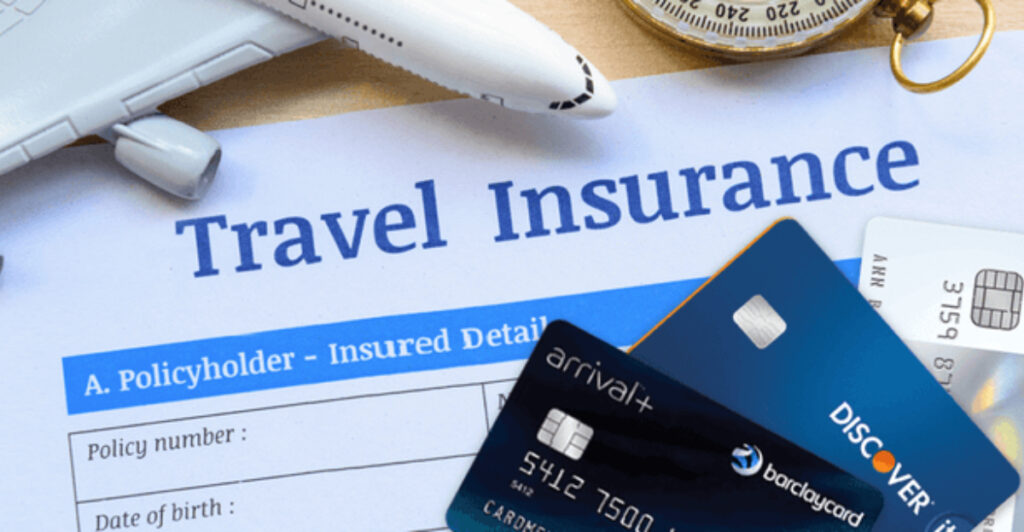Traveling is an exciting adventure, but it’s important to ensure you’re protected against unforeseen events. Smart travel insurance can save you from financial distress and provide peace of mind during your journeys. Here are 11 essential tips to navigate the complexities of travel insurance and make informed decisions for your next trip.
1. Match the policy to your real risks
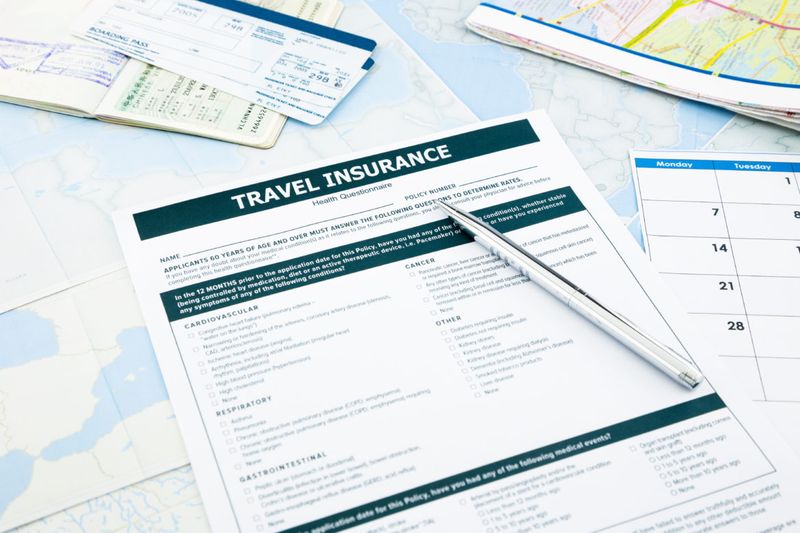
Choosing the right travel insurance involves assessing your actual needs. Do you need coverage for trip cancellation or potential medical emergencies? Some may require all-encompassing coverage including medical evacuation, while others might only need coverage for personal belongings. Understanding your specific needs helps you select the right policy. With a variety of options, make sure you’re not over-insured or under-protected. Assess your travel style and destinations to tailor your policy effectively. Ensure that your insurance aligns with your travel plans and personal risk tolerance. This thoughtful approach guards against unforeseen expenses.
2. Buy early to unlock key benefits

Purchasing travel insurance promptly after your initial trip payment can unlock exclusive benefits. Features like Cancel For Any Reason (CFAR) and pre-existing condition waivers often come with time-sensitive purchase requirements. These perks can provide significant flexibility and additional security. By acting early, you ensure comprehensive coverage that aligns with your needs. In many cases, these supplementary options are only available within a narrow window after booking. Plan ahead to take full advantage of these benefits. Don’t miss out on added protection just because of delayed purchasing decisions.
3. Know what your health plan covers abroad

Understanding what your current health plan covers when traveling abroad is crucial. Original Medicare, for instance, typically doesn’t provide coverage outside the U.S., except for limited situations. Some Medigap policies offer emergency care abroad, while Medicare Advantage plans might have limitations. If your health coverage doesn’t extend internationally, consider purchasing travel medical insurance. This can be vital for peace of mind and financial protection. Knowing the extent of your existing plans helps you fill any gaps effectively. Ensure you’re not caught off guard by unexpected medical expenses while traveling.
4. Prioritize medical evacuation

Medical evacuation can be exorbitantly expensive if you find yourself in a remote location without adequate facilities. The CDC and U.S. State Department recommend medical evacuation coverage to avoid massive bills. This coverage ensures you can be transported to a suitable medical facility if needed. It’s especially crucial for travelers venturing into less accessible areas. Without this coverage, you could face financial ruin in a medical emergency. Including evacuation in your travel insurance plan prepares you for worst-case scenarios and protects your well-being.
5. Heading to Europe on a Schengen visa? Insurance may be mandatory

If you plan to travel to Europe with a Schengen visa, travel medical insurance is mandatory. You’ll need coverage for medical care and repatriation throughout your stay. Many embassies require a minimum coverage of €30,000. U.S. tourists on short trips typically don’t need a visa, but those who do must meet this requirement. Ensure your insurance complies with specific visa prerequisites. This mandatory insurance ensures travelers have access to necessary medical services. Being prepared with the right insurance facilitates a smooth visa application process and provides essential protection abroad.
6. Leverage—but don’t overestimate—credit-card benefits
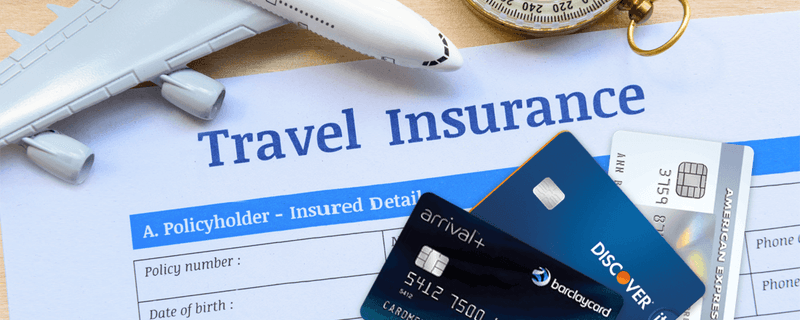
Many premium credit cards offer travel insurance benefits, including trip cancellation and lost baggage coverage. However, it’s vital not to overestimate these coverages and read the fine print. Some benefits may only activate under specific circumstances and coverage limits may apply. Often, credit card insurance serves as a secondary protection. Understanding the exact terms and conditions is essential to avoid unexpected surprises. Use credit card benefits as a supplement to your travel insurance, not a replacement. Carefully analyze how these benefits fit into your overall travel protection plan.
7. Airline lost your bag? Know their legal limits vs. your policy
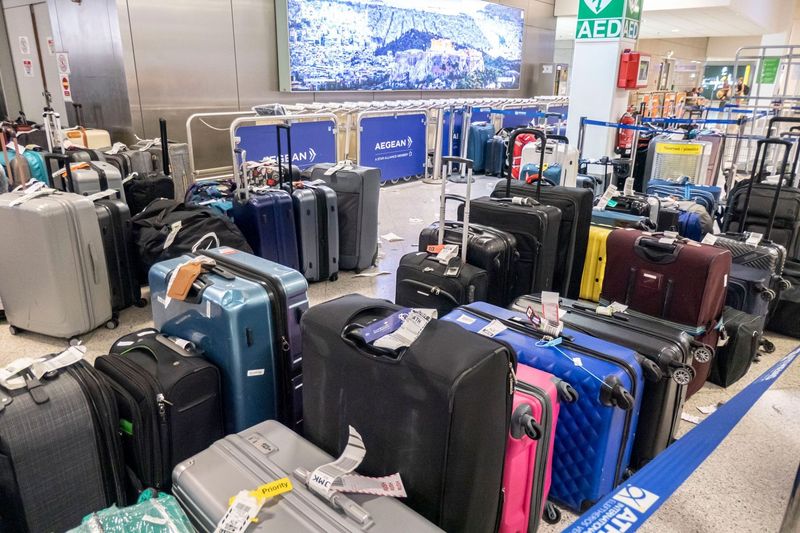
When airlines lose your luggage, it’s important to understand both their legal obligations and your travel insurance coverage. In the U.S., liability for lost baggage is capped at $4,700 per passenger. Internationally, the Montreal Convention sets limits. Your insurance can cover additional losses or delays, especially for valuable items. Being informed helps you claim effectively and ensures you’re adequately compensated. Don’t let lost baggage ruin your trip; know your rights and your coverage details. This knowledge empowers you to handle any baggage mishaps confidently and efficiently.
8. Check exclusions before you book activities

Before embarking on thrilling activities like skiing or diving, review your insurance policy’s exclusions. Many policies exclude high-risk sports or require additional riders. Failing to check these exclusions can leave you unprotected during adventurous endeavors. It’s also common for claims related to intoxication to be denied. Ensuring that your policy covers your planned activities prevents potential insurance disputes. Being proactive helps you enjoy your adventurous pursuits without worry. Tailor your insurance to fit your itinerary and keep your peace of mind intact.
9. Hurricane season? Buy before a storm is named
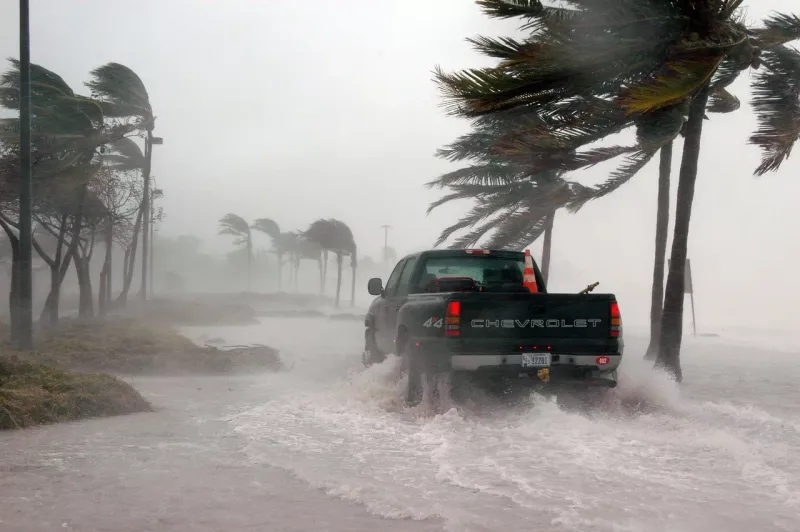
If you’re traveling during hurricane season, timing is crucial when buying insurance. Once a storm is officially named, it becomes a foreseeable event, and many policies won’t cover related cancellations. Purchasing insurance early maintains your weather-related protections. This foresight is key to safeguarding your travel plans from unpredictable weather disruptions. By securing your policy before potential storms arise, you retain essential coverage. Be prepared and ensure your travel plans remain flexible and protected during turbulent weather conditions.
10. Follow claim rules: pre-approval, timelines, and documentation

Adhering to your travel insurance policy’s claim rules is essential for a successful claim. Many policies require pre-approval for non-emergency medical care or evacuation. Keeping all necessary documents, such as receipts and medical records, ensures a smooth claims process. File your claim within the specified timelines to avoid denials. Familiarize yourself with the documentation required and make sure you comply with all procedural rules. This diligence prevents frustrating claim rejections and helps you recover costs efficiently. Stay organized and informed for a hassle-free experience.
11. Reality-check the price
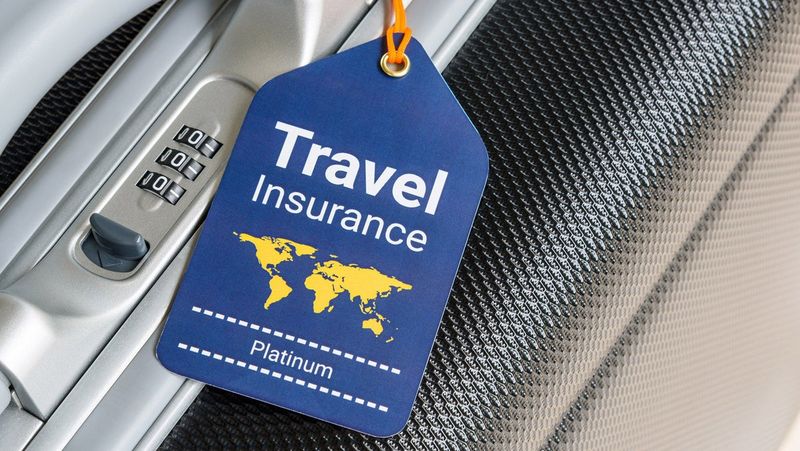
When purchasing travel insurance, setting a budget is crucial. Typically, comprehensive coverage costs 4–10% of your trip’s insured value. This range serves as a useful benchmark when evaluating quotes. Costs vary based on age, trip cost, and desired benefits. A reality check on prices ensures you don’t overspend while still obtaining adequate coverage. Balance your coverage needs with your budget to find the best insurance plan. This financial mindfulness guides you towards a policy that offers both protection and affordability.

